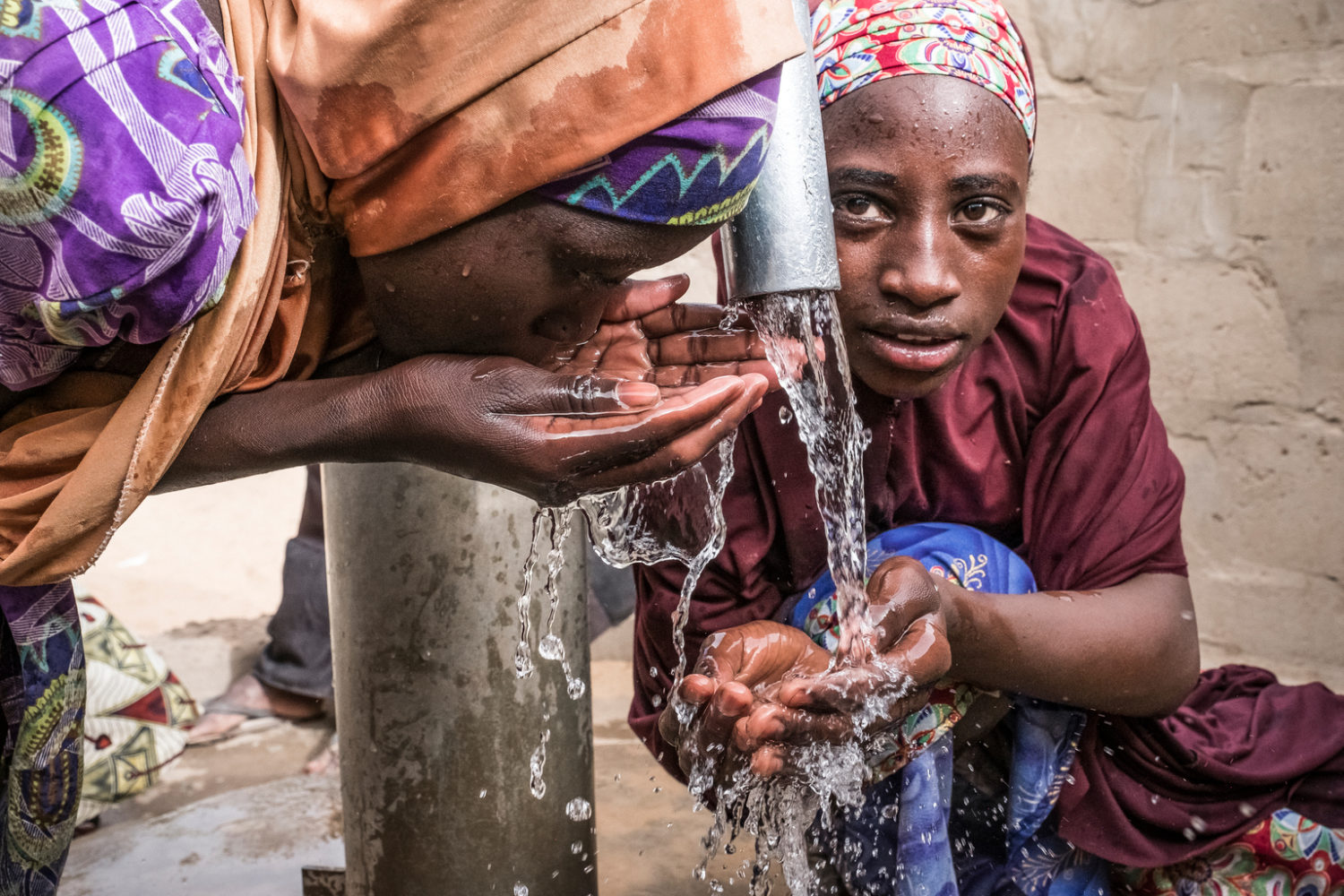6 September 2017 – With 11.5 per cent of school-age children – or 123 million – missing out on learning today, compared to 12.8 per cent – or 135 million – in 2007, the percentage of 6-15 year olds who are out of school has barely decreased in the last decade, UNICEF said today.
Pervasive levels of poverty, protracted conflicts and complex humanitarian emergencies have caused this rate to stagnate, UNICEF said, calling for more investments to address the reasons that keep vulnerable children out of school.
“Investments aimed at increasing the number of schools and teachers to match population growth are not enough. This business-as-usual approach will not get the most vulnerable children into school – and help them reach their full potential – if they continue to be trapped in poverty, deprivation and insecurity,” said UNICEF Chief of Education Jo Bourne.
“Governments and the global community must target their investments at eliminating the factors preventing these children from going to school in the first place, including by making schools safe and improving teaching and learning.”
Children living in the world’s poorest countries and in conflict zones are disproportionally affected. Of the 123 million children missing out on school, 40 per cent live in the least developed countries and 20 per cent live in conflict zones.
War continues to threaten – and reverse – education gains. The conflicts in Iraq and Syria have resulted in an additional 3.4 million children missing out on their education, bringing the number of out-of-school children across the Middle East and North Africa back to 2007’s level of approximately 16 million.
Sub-Saharan Africa and South Asia – with their high levels of poverty, rapidly increasing populations, and recurring emergencies – account for 75 per cent of the global out-of-school primary- and lower-secondary school age population.
But there has been some progress. Ethiopia and Niger, which are among the world’s poorest countries, have made the most progress in enrolment rates of primary-school-age children over the past decade with an increase of more than 15 per cent and around 19 per cent, respectively.
Funding shortfalls for education in emergencies are affecting children’s access to school in conflict. On average, less than 2.7 per cent of global humanitarian appeals are dedicated to education. Six-months into 2017, UNICEF had only received 12 per cent of the funding required to provide education for children caught up in crises. More funds are urgently required to address the increasing number and complexity of crises and to give children the stability and opportunities they deserve.
“Learning provides relief for children affected by emergencies in the short-term, but is also a critical investment in the future development of societies in the long-term. Yet investment in education does not respond to the realities of a volatile world. To address this, we must secure greater and more predictable funding for education in unpredictable emergencies,” said Bourne.
#####
For further information please contact:
Unicef UK Press Office on +44 (0)20 7375 6030 or [email protected]
About Unicef
Unicef is the world’s leading organisation for children, promoting the rights and wellbeing of every child, in everything we do. Together with our partners, we work in 190 countries and territories to translate that commitment into practical action, focusing special effort on reaching the most vulnerable and excluded children, to the benefit of all children, everywhere.
Unicef UK raises funds to protect children in danger, transform their lives and build a safer world for tomorrow’s children. As a registered charity we raise funds through donations from individuals, organisations and companies and we lobby and campaign to keep children safe. Unicef UK also runs programmes in schools, hospitals and with local authorities in the UK. For more information please visit unicef.org.uk


